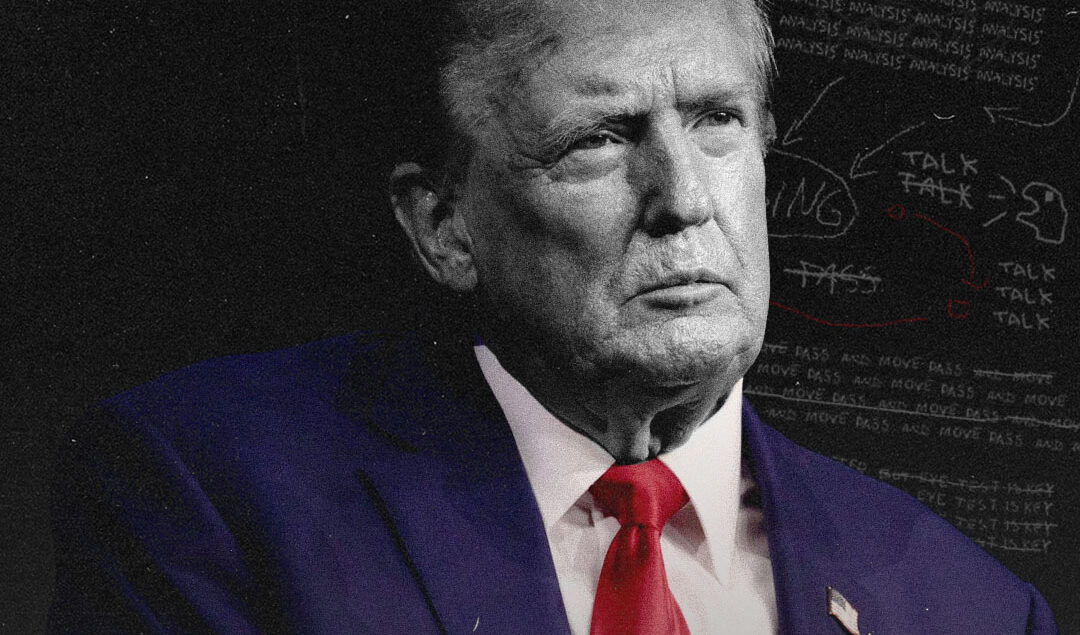After the First Debate: Trump Winner?
The first presidential debate between Donald Trump and Joe Biden set the stage for an intense and critical election period. The clash of the titans was anticipated with much fervor, as it was seen as a litmus test for both candidates’ strategies, rhetoric, and policies. The performance of Donald Trump, in particular, was under the microscope, given his polarizing persona and the weight of expectations from his support base. This article delves into Trump’s performance, assessing whether he emerged as the debate’s victor.
Trump’s Commanding Presence
Donald Trump entered the debate with his characteristic confidence, often dominating the stage with his assertive demeanor. From the onset, Trump’s strategy was clear: to portray strength and decisiveness. He frequently interrupted Biden, aiming to unsettle his opponent and keep him off balance. This tactic, while criticized by some as disrespectful, played well with his core supporters who view him as a combative leader unafraid to challenge the status quo.
Trump’s rhetoric during the debate was filled with his signature style – a blend of direct attacks, bold claims, and the repetition of key campaign messages. He highlighted his administration’s achievements, particularly in the areas of economic growth pre-pandemic, deregulation, and judicial appointments. By focusing on these points, Trump aimed to remind voters of the prosperity many experienced during the early years of his presidency.
Policy Highlights and Economic Arguments
Trump’s debate performance was notable for its emphasis on economic recovery and future plans. He argued that his approach to handling the pandemic was not only necessary but also strategically beneficial for long-term economic health. Trump touted the rapid development of vaccines and therapeutic measures, crediting his administration for their expedited timelines.
On the economic front, Trump was quick to point out the pre-COVID economic boom, stressing record-low unemployment rates, tax cuts, and a bullish stock market. He criticized Biden’s proposals as detrimental to economic growth, painting them as socialist policies that would stifle innovation and burden taxpayers. Trump’s assertions were designed to appeal to voters concerned about their financial future and skeptical of increased government intervention.
Debate Tactics and Betting Odds
One of Trump’s significant moves was to steer the conversation toward issues where he felt he had the upper hand. He continuously brought up the topic of law and order, linking it to economic stability and public safety. By doing so, Trump aimed to appeal to suburban voters and those concerned about the recent civil unrest. His portrayal of Biden as weak on crime was a calculated attempt to frame the election as a choice between chaos and stability.
In the context of presidential betting odds, Trump’s debate performance had a tangible impact. Betting markets, which often react to public perception and media narratives, showed a shift in odds post-debate. Trump’s aggressive style and his ability to set the debate’s agenda played into his strategy of projecting unwavering leadership. The debate’s outcome led to a re calibration of odds, reflecting a more competitive race than previously anticipated.
Public Reception and Media Analysis
The public’s reaction to Trump’s debate performance was mixed, reflecting the polarized political climate. Supporters praised his aggressive tactics and unwavering stance on key issues, while critics decried his frequent interruptions and perceived lack of decorum. Media analysis varied widely, with conservative outlets highlighting Trump’s strong points and liberal outlets focusing on his perceived missteps.
Polls conducted immediately after the debate indicated that while Trump may not have swayed a significant portion of undecided voters, he solidified his base’s support. This is crucial in an election where turnout and voter enthusiasm could be decisive factors. Trump’s focus on key voter demographics, particularly white working-class and suburban voters, was evident throughout the debate.
Looking Ahead: The Impact on the Election
The first debate has undoubtedly set the tone for the remainder of the election campaign. Trump’s performance, characterized by its assertiveness and policy focus, has energized his supporters and brought certain issues to the forefront. As the election nears, both candidates will likely refine their strategies based on the debate’s fallout.
Trump’s approach in future debates will be critical. If he continues to highlight his administration’s achievements while casting doubt on Biden’s proposals, he may maintain the momentum gained. Conversely, any missteps or failure to address voter concerns adequately could cost him dearly in a tightly contested race.
In conclusion, Donald Trump’s performance in the first debate was a display of his characteristic boldness and strategic thinking. While it remains to be seen if he can convert this into electoral success, the debate has certainly reshaped the dynamics of the presidential race. As the nation heads to the polls, the aftershocks of this debate will continue to influence voter perceptions and, ultimately, the election’s outcome.
